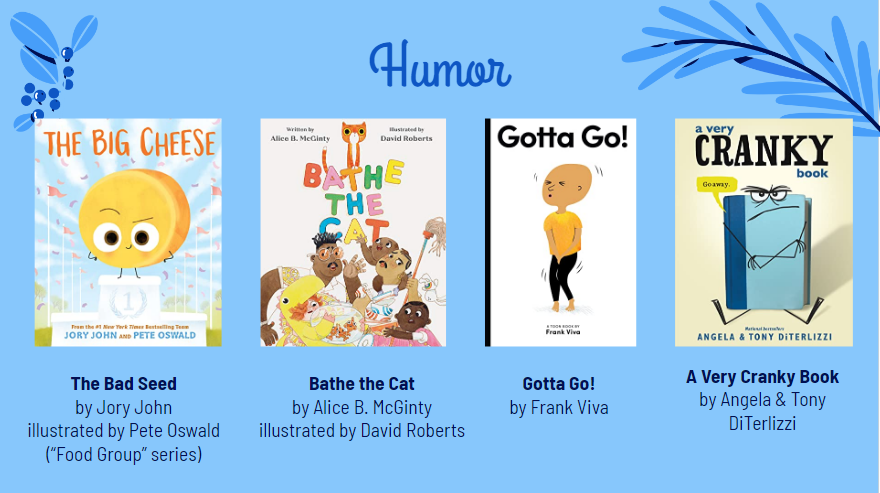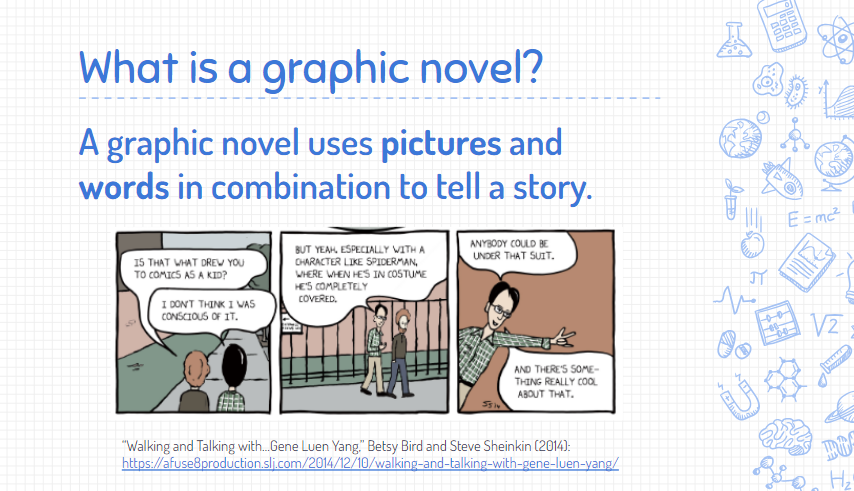Today is the Open Books, Open Minds “celebration of reading and literacy,” a free virtual event from LJ/SLJ and NCTE. I moderated a panel on “the joy of reading” with five authors:
- Veera Hiranandani (Penguin Young Readers), author of Amil and the After, How to Find What You’re Not Looking For, and The Night Diary, a Newbery Honor book.
- Stuart Gibbs (Simon & Schuster), author of the Spy School, Funjungle, Moon Base Alpha, and Once Upon A Tim series
- Peter Kahn (Penguin Young Readers), poet, educator, and project creator; co-editor of Respect the Mic: Celebrating 20 years of poetry from a Chicagoland High School
- Tanisia “Tee” Moore (Scholastic), author of Micah Hudson: Football Fumble and picture book I Am My Ancestors’ Wildest Dreams
- Claribel Ortega (Scholastic), author of Witchlings, Ghost Squad, and Frizzy, winner of the Massachusetts Children’s Book Award
All of the authors spoke beautifully and passionately about the importance and joy of books and reading. Brief notes on our conversation are below, and the whole day’s worth of panels and presentations will be available for online viewing for the next three months.
What does “the joy of reading” mean to you?
- SG: (holding up a copy of The Westing Game by Ellen Raskin) “Reading creates memories.”
- CO: Reading allows me to go into other people’s lives and experience things I wouldn’t do otherwise.
- TM: “Books transport you.” (Cited The Snowy Day and Nancy Drew mysteries.)
- VH: Books provide companionship.
- PK: When you’re reading a paper book, you can’t multitask. You are in the moment.
How did you come to love reading? 
- TM: Was always a reader, and reading and writing were linked; kept a diary from age 6. Characters in books “were my friends.”
- SG: Always a reader, read a huge number of library books – even found the G section where his book would be if he wrote one someday. [Ed. note: One! Haha]
- VH: Had a lot of free choice, and never felt judged for her reading choices, even when she read comics. Having that freedom was important.
- PK: Saw his parents reading for pleasure on vacation, so perceived it as a fun/leisure activity rather than a forced one.
- CO: Always a reader. Books and libraries provided a safe space.
What about kids who haven’t discovered the joy of reading yet?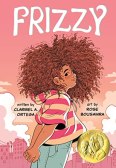
- VH: Again, freedom to choose what you read is important. And parents can model reading, too.
- TM: Allow kids to discover what they enjoy. Read together, or read what they’re reading, and let books start conversations.
- SG: Books should be FUN! Graphic novels can be a gateway to reading other kinds of books.
- PK: Read together, read aloud.
- CO: Kids love graphic novels. Also, if they’re interested in other media (computer games, TV shows, etc.), make a connection to those other interests.
- TM: If there’s a movie or TV version of the book, read/watch both and compare them.
- VH: If kids read when they’re young, then drift away from it, they can come back to it: “It’s IN there.” True for adults too.
What are some ways your books can be, or have been, used in the classroom?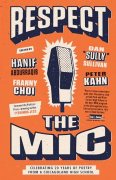
- PK: There is a website with videos to accompany Respect the Mic. Seeing poets perform their own work aloud increases engagement; there are also lesson plans and prompts.
- SG: Did a lot of research for the Charlie Thorne series (partially inspired by reading Michael Crichton, who combined science and adventure), so history is woven in. Notes at the end of the book go some way toward explaining what parts are fact and what is made up, but students are encouraged to do their own research too.
- CO: Witchlings has themes of prejudice, belonging, inequality, and socioeconomic status. Some teachers have asked students to use their problem-solving skills to suggest changes in the fantasy world of the book. What if…?
- TM: I Am My Ancestors’ Wildest Dreams introduces readers to contemporary heroes, expands on Black history, and asks readers to consider when and how to make “good trouble.” It can be used in social studies and during Black History Month.
- VH: Nisha, the protagonist of The Night Diary, and her twin Amil, protagonist of Amil and the After, are twins with very different styles of learning, ways of creating meaning, and ways of expressing themselves. Readers can consider their own and others’ learning styles, meaning-making, and expressions.
Why do you think reading is important, and how do you convey that to young readers?
- SG: Reading about different worlds, cultures, and experiences creates empathy. Reading is a gateway.
- VH: Echoes Rudine Sims Bishop’s “Mirrors, Windows, and Sliding Glass Doors.” Books allow people to enter into others’ lives and gain a deep understanding.
- CO: Books are a place to learn about tough topics safely.
- PK: Having hard (physical, paper) copies of books is more important than ever so that you can focus without distraction, scrolling, notifications.
How do you communicate a message/theme to young readers without being didactic?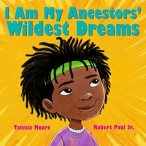
- CO: TRUST your reader. Let things be messy. Some things aren’t fixed – that’s realism. Kids appreciate you being real with them.
- TM: Use dialogue and action to show; allow readers space to figure things out on their own. It’s harder to write a picture book than people imagine!
- SG: A little bit of messaging goes a long way; make it powerful, not repetitive.
- VH: A didactic message reveals an adult agenda.
Is it mandatory to have a child in order to be a good children’s book author? (audience question)
- TM: Most important is to BE A READER of the genre you want to write in. Spend time around kids (doesn’t have to be your own).
- VH: Be in touch with your inner child.
- CO: Talk with kids on school and library visits.
It was such a privilege to speak with these authors today and hear what they had to say about the joy of reading. Library news lately has been dominated by book bans and budget cuts, so to hear kidlit creators speak out so strongly in favor of free choice in reading was marvelous. I believe that kids will build an identity as a reader if they are allowed to choose their books (including graphic novels and audiobooks); if they see the adults in their lives reading books; if they engage in conversations about books. I believe that reading builds empathy, and prepares people to live in the world with other people, and to experience scary things in a safe way.
Happy reading to you all!

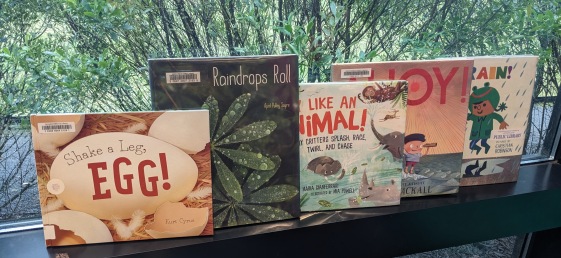
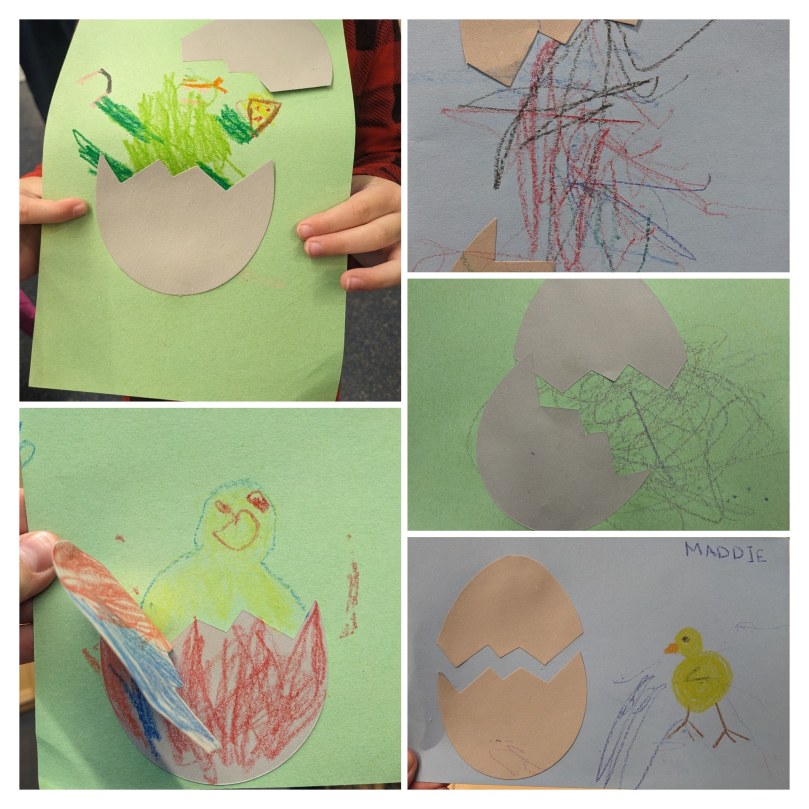
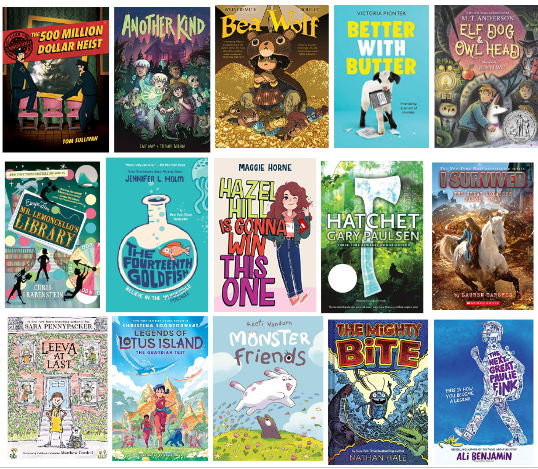
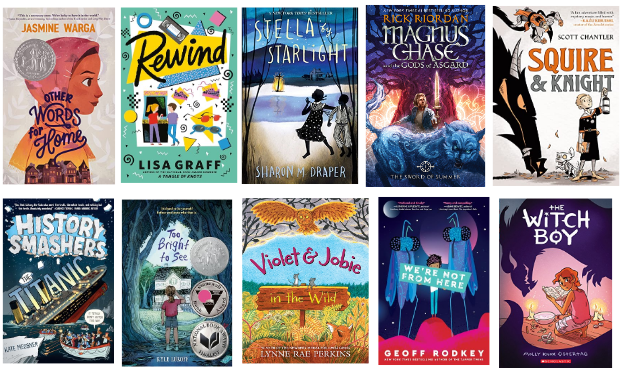



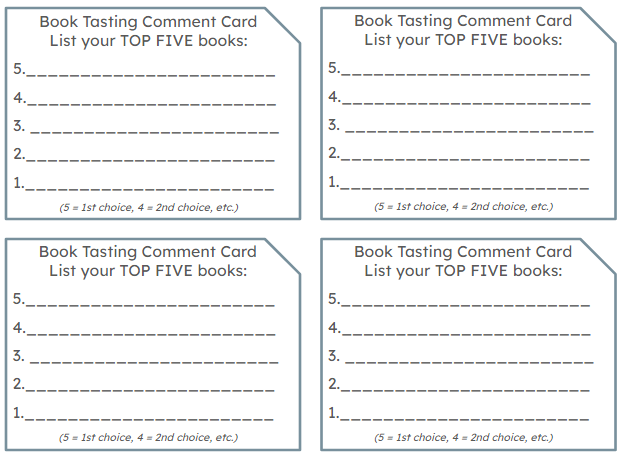
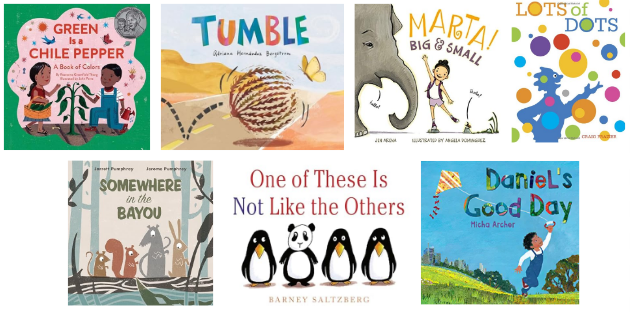
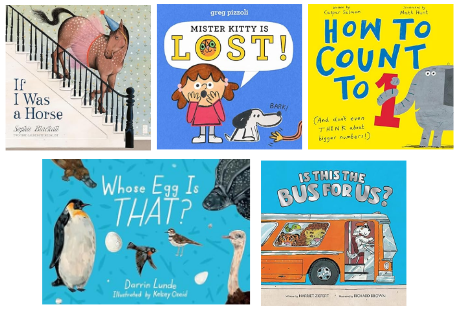

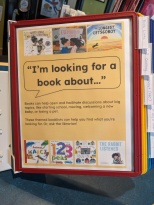 Well, I may not
Well, I may not 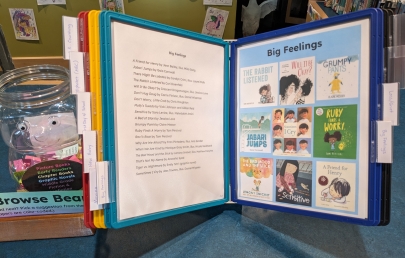
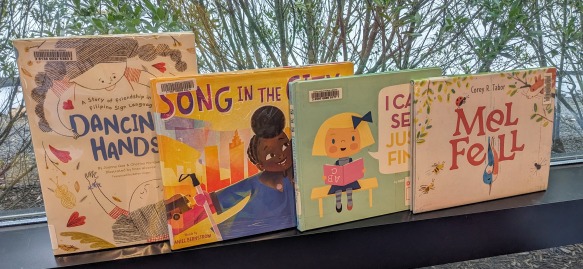
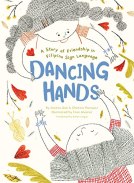 All of these books, in their own way, are about ability. Perception and communication also emerge as themes.
All of these books, in their own way, are about ability. Perception and communication also emerge as themes.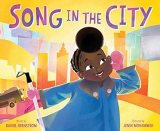 Song in the City is a little bit longer, but the illustrations are super bright – featuring that warm yellow from the cover – the text rhymes, and there are a lot of sound effects. This was definitely the book that the adults in the room loved best. We all paused in the middle to close or cover our eyes, as Emmalene helps Grandma Jean do in the book, to focus on what we could hear.
Song in the City is a little bit longer, but the illustrations are super bright – featuring that warm yellow from the cover – the text rhymes, and there are a lot of sound effects. This was definitely the book that the adults in the room loved best. We all paused in the middle to close or cover our eyes, as Emmalene helps Grandma Jean do in the book, to focus on what we could hear.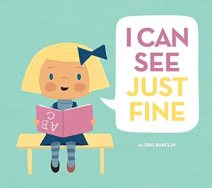 I would love I Can See Just Fine based on its title alone, but the execution is just perfect. A little girl named Paige has trouble seeing the board at school, reading her sheet music, and even identifying animals (she picks up a skunk and calls it a kitty). She is not excited to go to the eye doctor, or when they tell her she needs glasses, but when she stands in front of the huge array of frames to choose from on the wall, you can just feel her wonder and awe. She tries on lots of frames and chooses the right ones for her. I showed the group my own glasses, identifying the different parts (frames and lenses). I also shared with the group that the eye doctor is my favorite one to go to – they never give shots!
I would love I Can See Just Fine based on its title alone, but the execution is just perfect. A little girl named Paige has trouble seeing the board at school, reading her sheet music, and even identifying animals (she picks up a skunk and calls it a kitty). She is not excited to go to the eye doctor, or when they tell her she needs glasses, but when she stands in front of the huge array of frames to choose from on the wall, you can just feel her wonder and awe. She tries on lots of frames and chooses the right ones for her. I showed the group my own glasses, identifying the different parts (frames and lenses). I also shared with the group that the eye doctor is my favorite one to go to – they never give shots!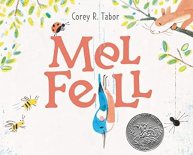 We wrapped up with Mel Fell, which is about confidence and ability in a different way: a baby kingfisher’s first flight/dive. The orientation of this book is unique (in the photo above, the spine is actually on top), and there’s a fun rotation required part of the way through the story. We see community members – other residents of Mel’s tree – attempt to help, but ultimately, Mel was right about their readiness to fly!
We wrapped up with Mel Fell, which is about confidence and ability in a different way: a baby kingfisher’s first flight/dive. The orientation of this book is unique (in the photo above, the spine is actually on top), and there’s a fun rotation required part of the way through the story. We see community members – other residents of Mel’s tree – attempt to help, but ultimately, Mel was right about their readiness to fly!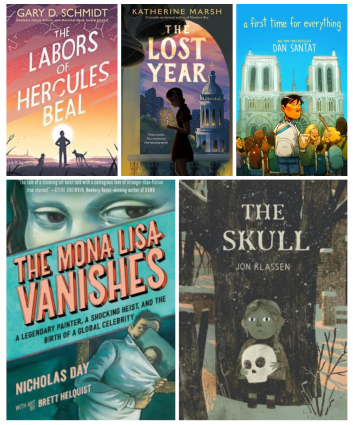
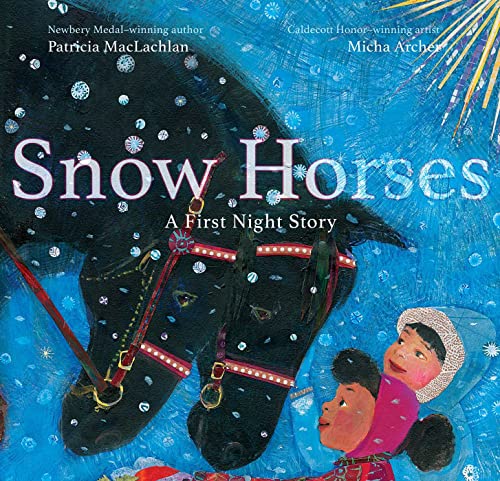
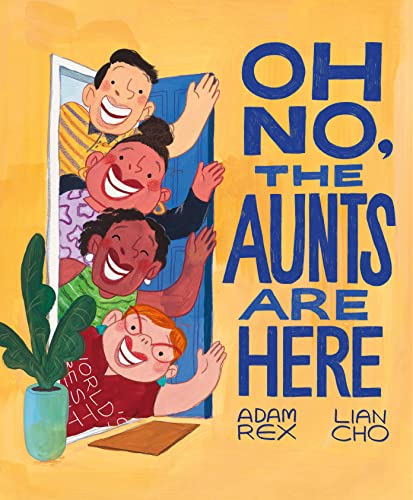
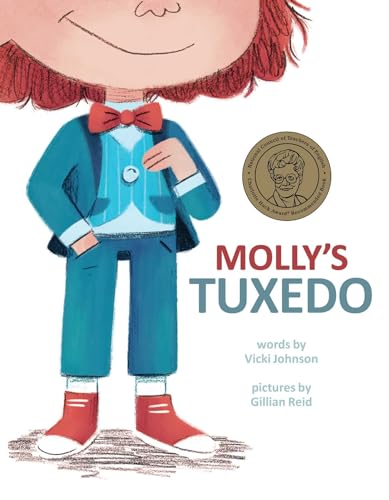
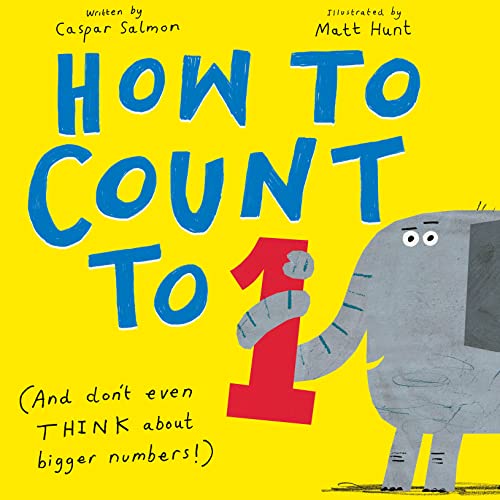
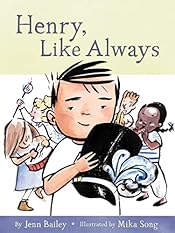
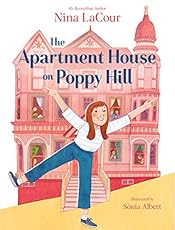
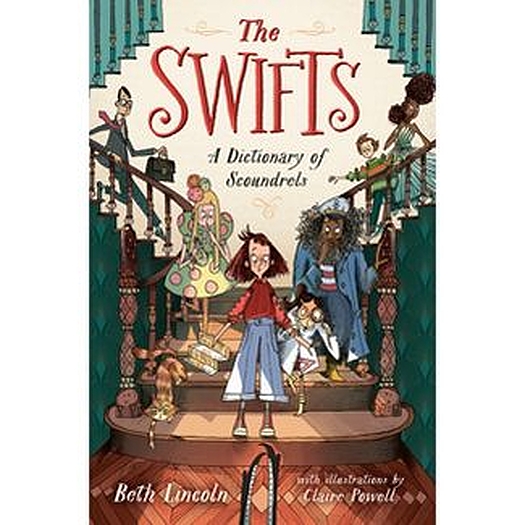
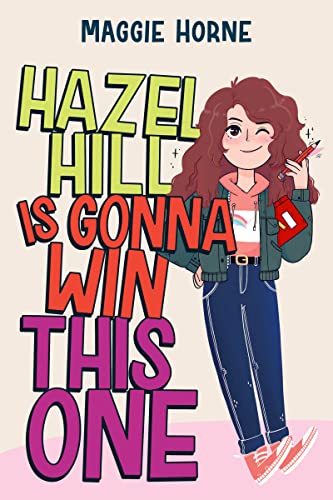
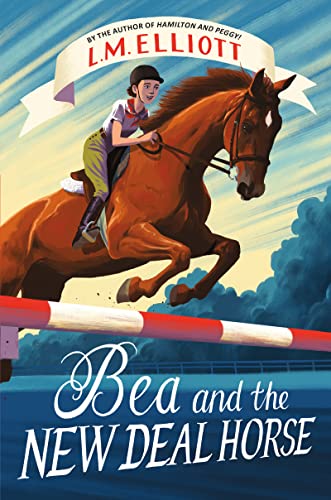
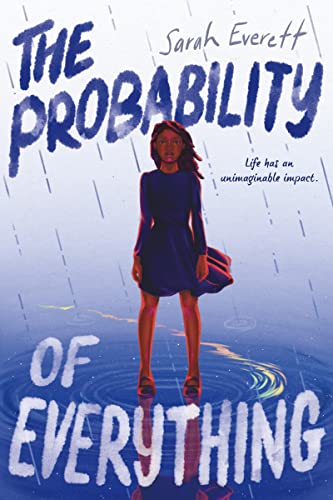
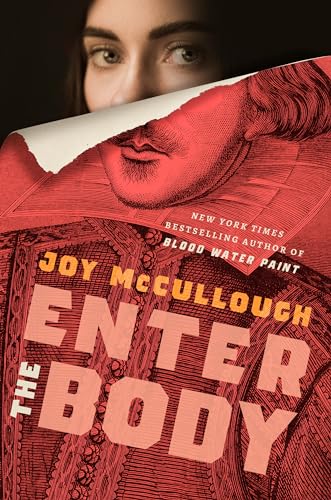 (overlap with GN)
(overlap with GN)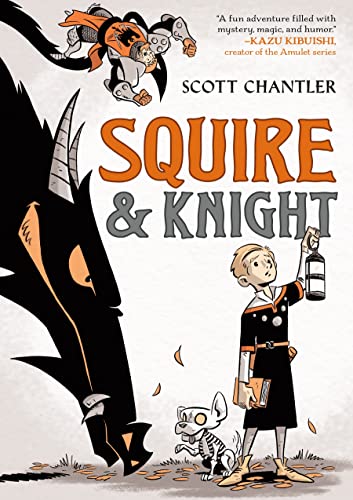
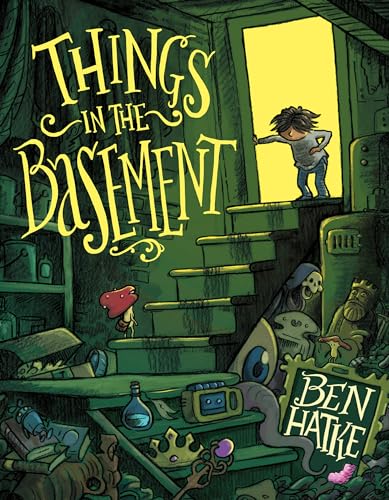
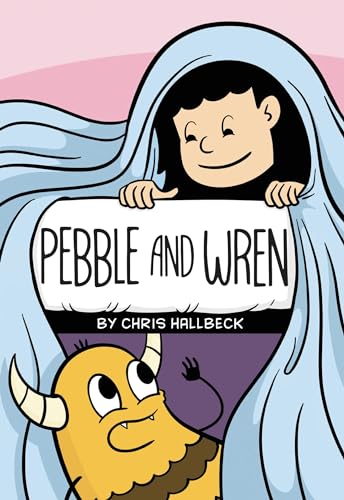
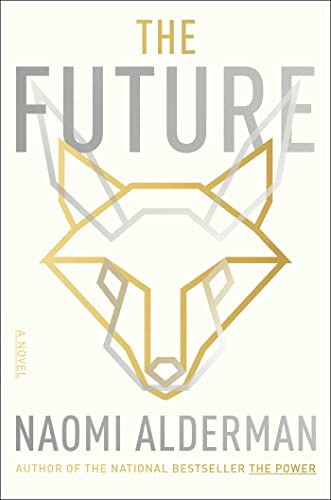
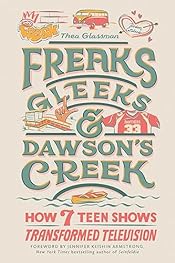
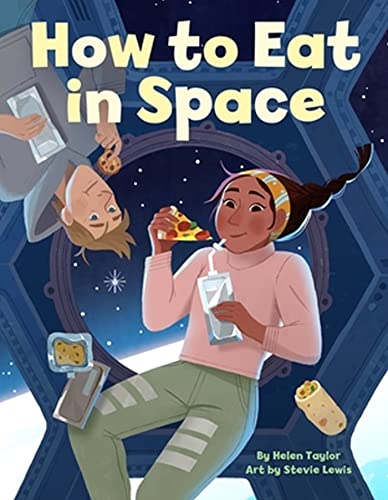

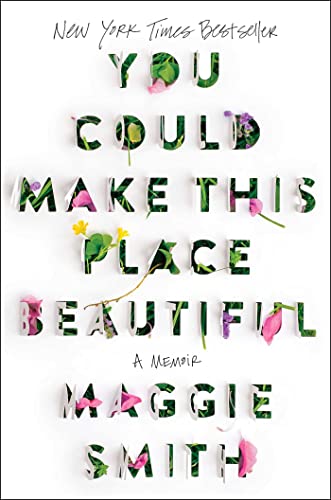
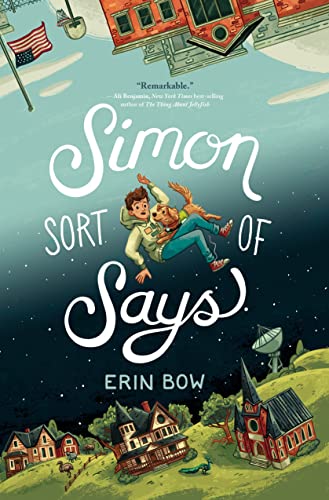 Re-reads: Unknown; I don’t have a good way to keep track. The kiddo listened to all five Mysterious Benedict Society books for what felt like months, and we re-read all of the Dealing with Dragons books by Patricia C. Wrede. I re-read a chunk of Greenglass House by Kate Milford, as I always do toward the end of December, and I certainly revisited favorite picture books at home and at library storytimes. And, after reading Simon Sort of Says in March and refusing to shut up about it since, I re-read it as an audiobook this month and it’s still stunningly good.
Re-reads: Unknown; I don’t have a good way to keep track. The kiddo listened to all five Mysterious Benedict Society books for what felt like months, and we re-read all of the Dealing with Dragons books by Patricia C. Wrede. I re-read a chunk of Greenglass House by Kate Milford, as I always do toward the end of December, and I certainly revisited favorite picture books at home and at library storytimes. And, after reading Simon Sort of Says in March and refusing to shut up about it since, I re-read it as an audiobook this month and it’s still stunningly good.